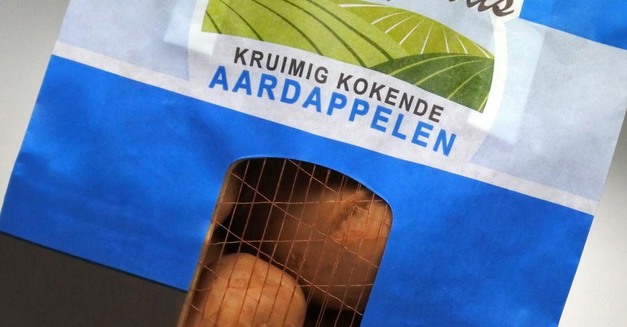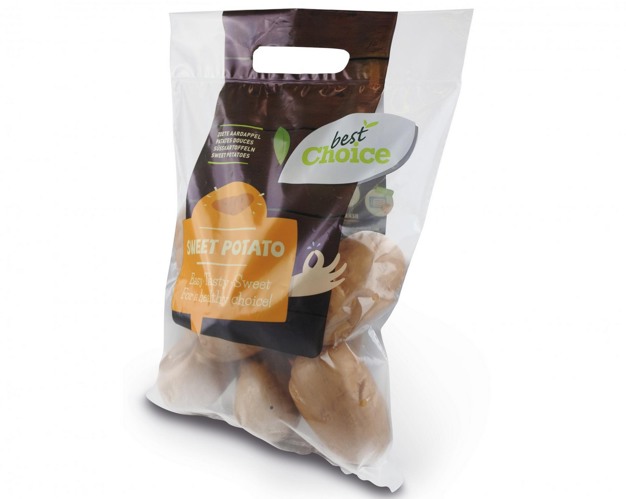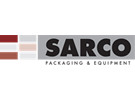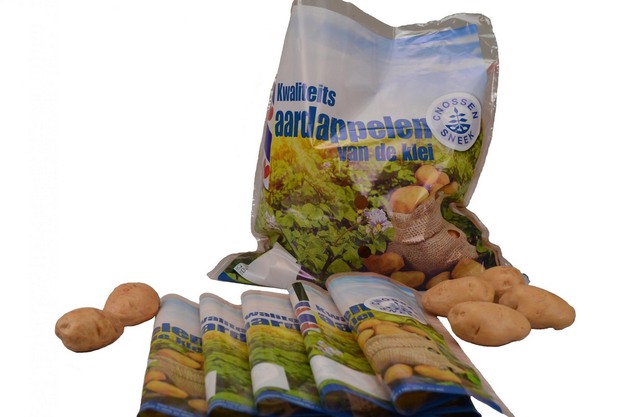The packaging sector is experiencing a growing global movement toward a circular economy, with the focus increasingly shifting to reusing materials. Major manufacturers are taking significant steps by, for example, making bottles from 95% recycled plastic. That is considered a promising development that seems to be setting the market's direction, and other companies are expected to follow. Despite this progress, European and national governments still need to implement concrete measures, leading to uncertainty and stalling investments.
In the Netherlands, Sarco Packaging & Equipment is responding to these changes. Jaap van der Sar, a company representative, says their packaging film is getting thinner, by 25% over the past six years. That is thanks to improved film quality and greater environmental awareness. Where thicker material used to be used as a precaution, now only the required amount is used, resulting in significant material savings without consumers noticing.
Paper, though, is yet to break through as a packaging material in the Netherlands. Its higher cost, which the general public ultimately pays for, makes it less attractive. The food industry also does not allow the use of recycled paper, thus limiting paper's contribution to a circular economy. Similarly, biodegradable plastic has not proven its worth. People struggle to sort this material correctly, leading to processing issues and making recycling programs less effective.

However, polyethylene (PE) appears to remain a good choice. Standard PE packaging offers both environmental and cost advantages. You can easily throw it away in the plastic trash, and it can be reused, though not for food. The material can, nonetheless, be reused for other things; something which is becoming more common.
Sarco also notes that retailers prefer PE packaging because it costs less than cardboard/film combinations. Despite the limits of reusing recycled materials for food packaging, PE could be used with recycled material for byproducts that have never left the factory, keeping it food-safe.

Potato packaging is changing, too. Stores carry smaller and smaller packaging, ranging from one to three kilograms, instead of the previously common, larger five to ten bags. There is also more variety in potato products that consumers prepare directly, like oven-ready potatoes and microwaveable steam bags. Also, although technically not a potato but a root vegetable, sweet potatoes are gaining popularity because of their lower carbohydrate content, and are increasingly being included in potato packaging.
 Sarco Packaging
Sarco Packaging
Rondgang 21, 5311 PB Gameren
+31 (0)418 56 25 53
info@sarcopackaging.com
www.sarcopackaging.com

